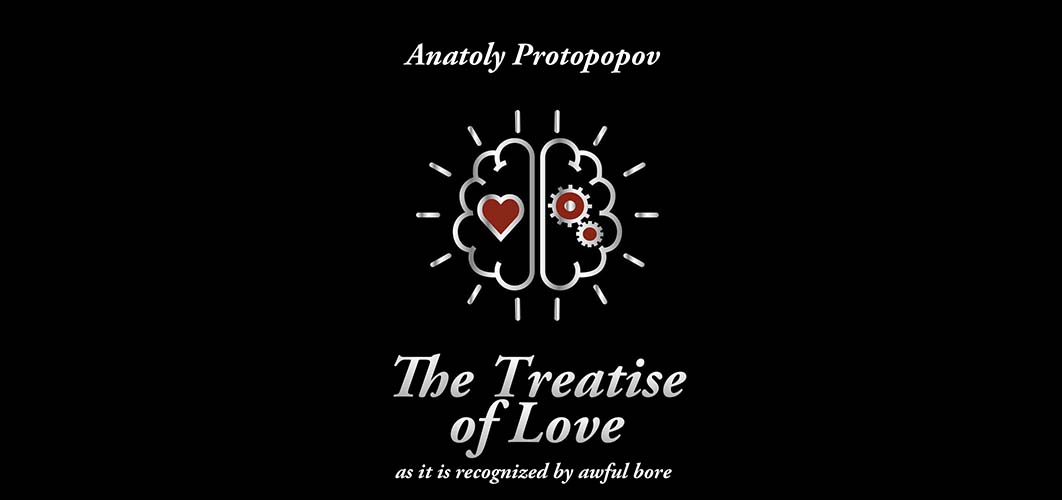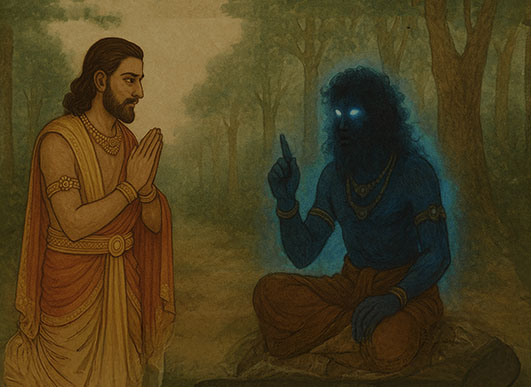The Treatise of Love
I recently revisited Treatise of Love (Трактат о любви) by Anatoly Protopopov — a concise yet surprisingly expansive book that explores the biological and psychological underpinnings of love, attraction, and relationships. What makes it stand out is how it blends evolutionary psychology with practical insight, speaking to both men and women, singles and couples, without resorting to pop-science clichés.
One of the book’s strengths is its nuanced approach to concepts like primativity (our raw, instinctive behavioral layer), culture level (our refinement, empathy, learned behavior), and social signaling (how we express or read intention, dominance, desire). These are often oversimplified today—especially social hierarchy, which meme culture has reduced to crude alpha/beta caricatures. The book offers a richer, more dimensional model that still feels relevant.
The book’s core model distinguishes between primativity (our base instincts), culture level (our learned values and behavior), and social signaling (how we convey intent and status). These layers often operate independently, which explains a lot of mismatched expectations—especially in relationships or group settings. Someone might act from instinct while the other responds from a place of empathy or learned norms. That idea alone clarified a lot for me, both about others and about myself.
One of the things the book helped me understand is that I’ve always had low primativity—even as a child. I don’t lead with raw impulse or instinct, and while that sometimes makes me less readable in social situations, it also gives me space to act from intention rather than reaction. I’d also like to think of myself as someone with a relatively high cultural layer, shaped by my upbringing, teachers, and personal effort over the years.
What’s changed over time is how I see cooperation. I used to have a strong inclination toward self-sacrifice—almost a need to give everything away for the greater good. That’s mostly gone now, replaced by a quieter motivation to work together, and to be effective rather than self-erasing.
One thing that hit me hard was realizing just how low-primative I’ve always been—since childhood, really. I don’t operate on raw impulse. That’s not a brag, just a fact that explains a lot, especially why I often feel a step out of sync with default social flows. It also helped me notice how my early tendency toward self-sacrifice—that noble urge to throw myself on every moral grenade—has quietly faded. What’s left is a steadier desire to be useful, to cooperate, to get things done together without martyrdom. Much more sustainable.
What surprised me most was how much this book spills beyond love and relationships. It gives you a lens that suddenly makes sense of things like politics—why some people crave order and others bristle at control. Or religion—how belief systems often align with someone’s primative and cultural layers more than their intellect. It even casts light on things like friendship, sexual identity, moral posturing, and why the whole “selling values” industry feels so off. It’s not that the book covers all these things directly—it just quietly hands you the mental tools, and suddenly they’re everywhere.
In a way, the whole book is a crash course in ethology — the study of behavior through a biological and evolutionary lens. It’s not framed that way, but that’s what it is at heart. If you’re curious about why people act the way they do—across love, power, group dynamics, or identity—Treatise of Love is still one of the clearest and most compact introductions I’ve seen. It won’t tell you what to do, but it might help you finally understand why people do what they do. Including you.
The books is out of print in Russian for a long time, and I found copies of it available on freely on Author's website
and in Russian pdf, mobi, epub
Tags: books



